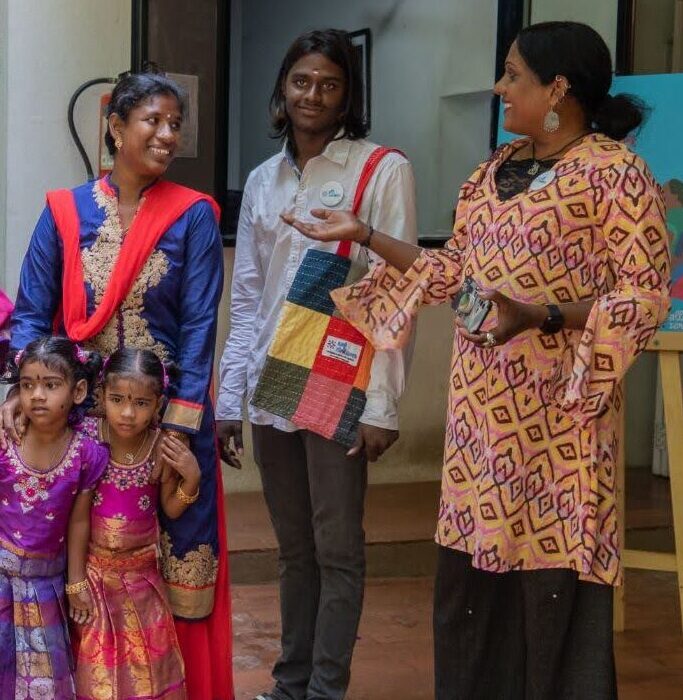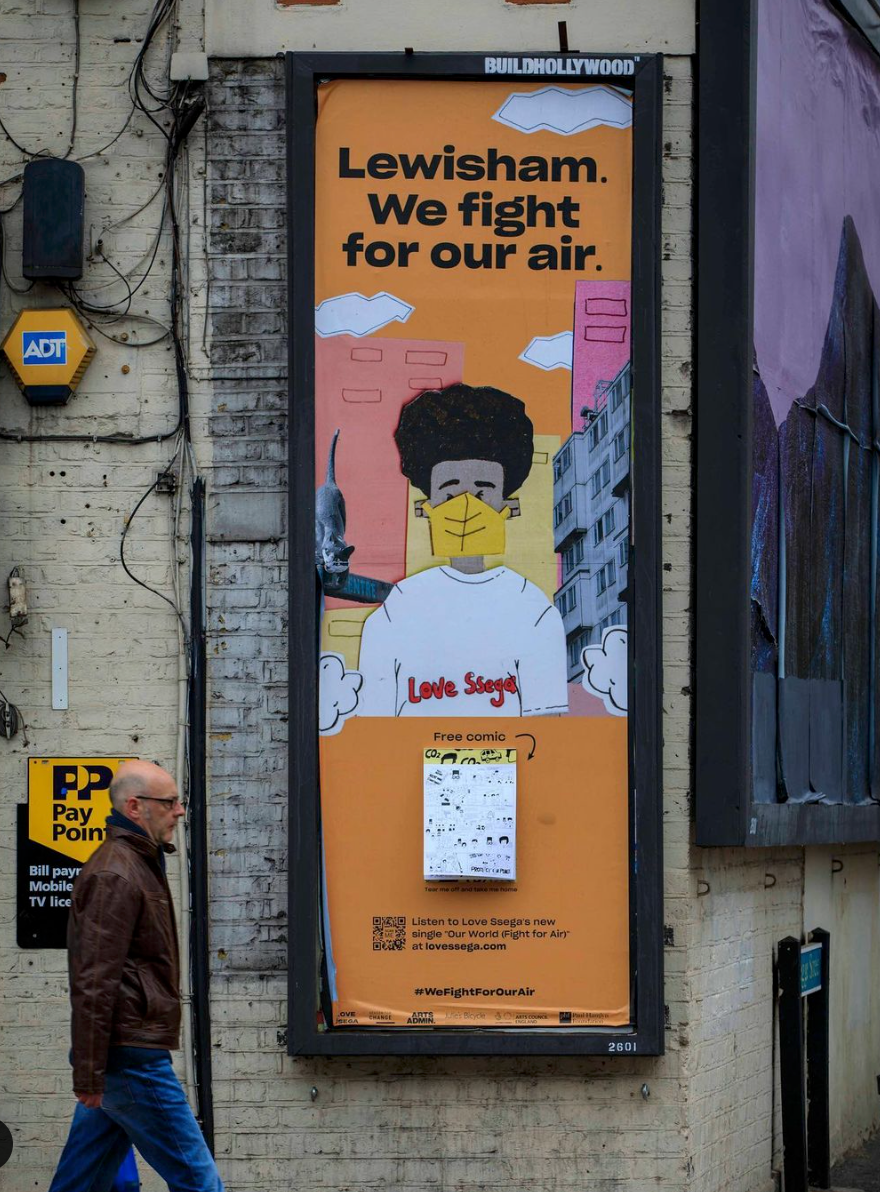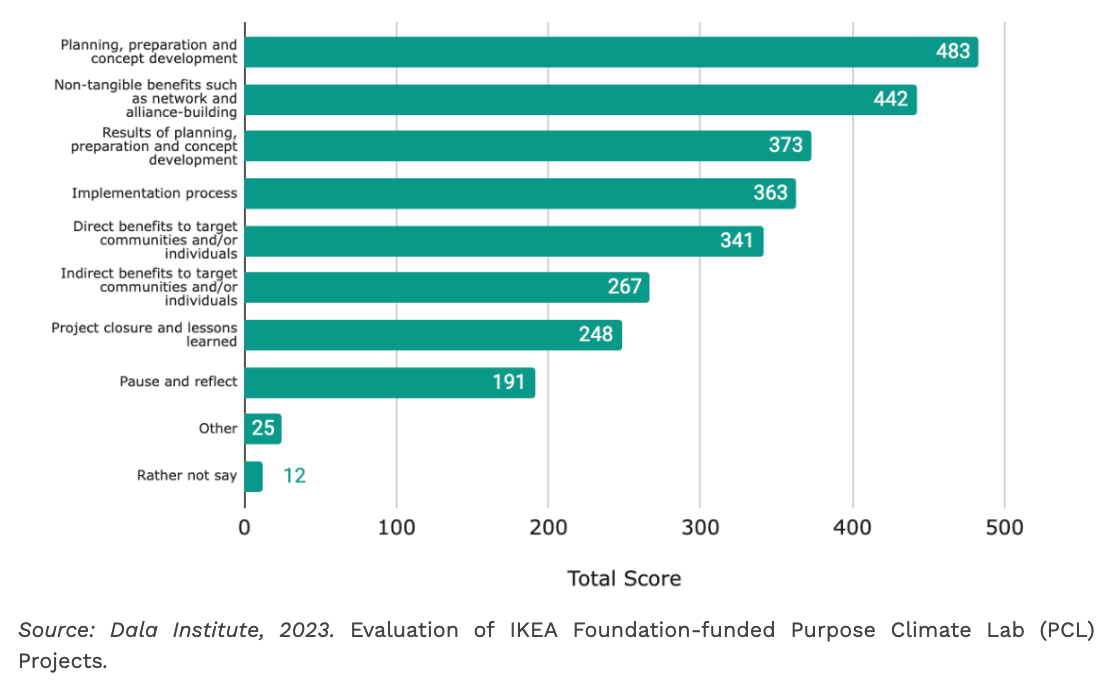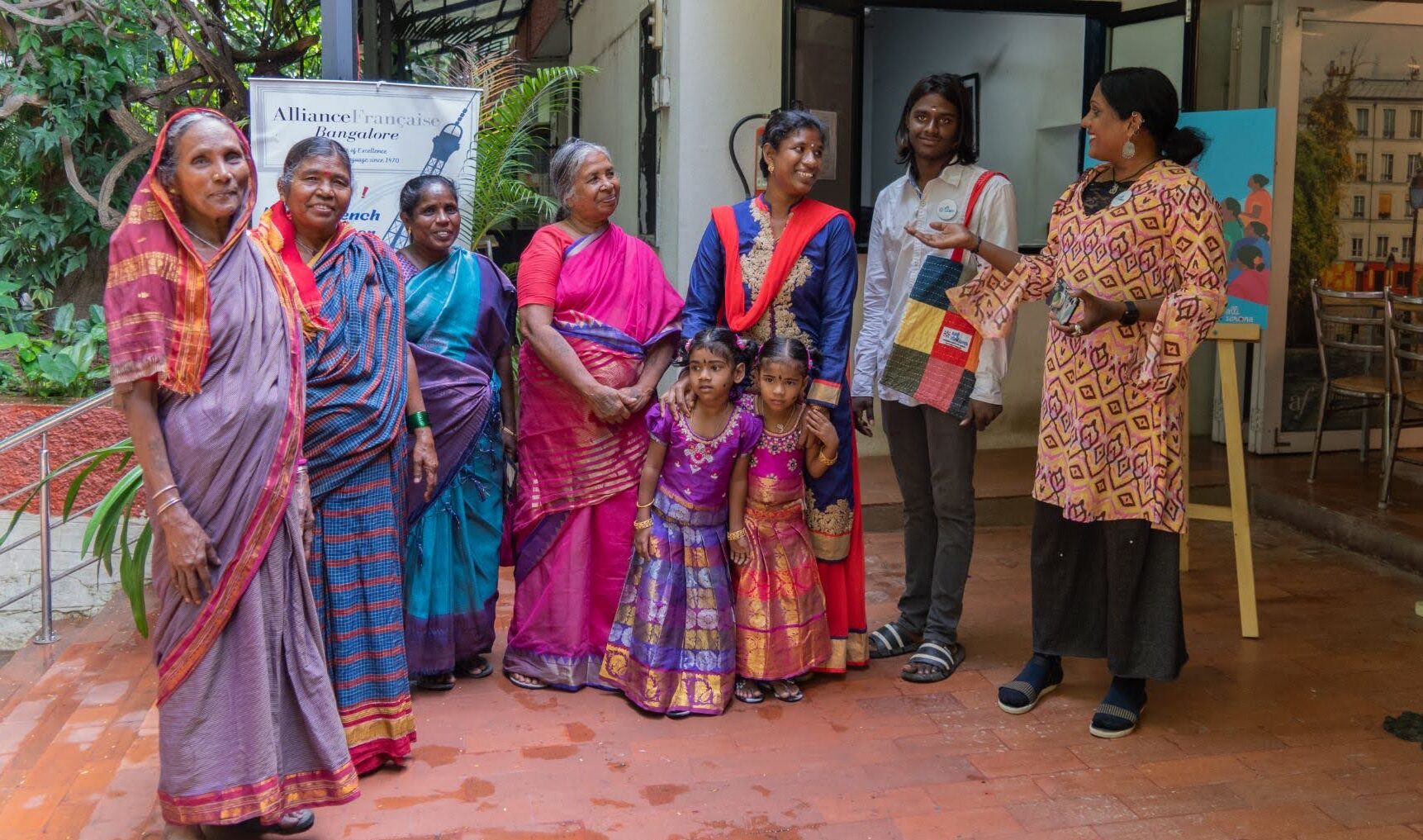Four Insights on Climate Change Mobilization from Purpose Climate Lab
Purpose Lab's strategies for climate mobilization
Anna Baranova & Harpreet Bhullar

Anna Baranova & Harpreet Bhullar

After eight years of running innovative, people-centred campaigns while responding to constantly changing contexts, the Purpose Climate Lab and our major funder, the IKEA Foundation, made time in 2023 for some sustained reflection. This took the form of an independent learning evaluation led by the Dala Institute and supplemented with innovative digital media analysis by Quilt.AI.
Here are the evaluation’s four central insights.
A prevalent theme across the findings was the Lab’s success at taking complex issues and concepts and translating them into engaging content that is relatable, accessible and accurately speaks to people’s realities – going beyond the mainstream to represent the affected communities whose perspectives are commonly missed.
For each new project, our teams use audience landscape mapping to identify non-traditional, politically salient audiences that include groups that have been historically marginalised or haven’t been part of the supportive climate narratives for other reasons. Through focus group discussions and co-creation sessions the project team is able to understand their perspectives and needs and create an evidence base for informed campaign messaging and relevant impact goals.
For example, Live and Breathe mobilised affected communities in London to lobby the government in the aftermath of Ella Kissi-Debrah’s death – the first death in the world attributed to air pollution. These communities included South London boroughs dominantly inhabited by Black, Asian or minority ethnic backgrounds. The team co-created a campaign with local community groups to collect signatures for an open letter to the local government using music composed by an acclaimed local musician, poetry written by artists from the community, street art and a festival-like public event.

The goal of most Lab campaigns is not only to create a narrative shift or an action with a single audience group but to build sustained power and unite under-represented groups affected by the changing climate to take the campaigning message forward and continue the work for longer-term systemic change.
The evaluation found network creation to be one of the greatest impacts of Lab campaigns.

In Brazil an Amazonian accelerator campaign, known as IARA, is currently in its third iteration. It is connecting its alumni, most of which are grassroots organisations in the Amazon region, to form partnerships to run climate justice campaigns that focus on women from the surrounding Amazon communities, rather than doing it individually. The relationships built with local organisations also led to a successful rapid response campaign to protest oil exploration in the Amazon that connected local organisations with Brazil’s environmental agency that ultimately denied the drilling licence.
Lab projects are also able to convene audiences across the political and belief spectrum, narrowing the divide between varied perspectives and creating opportunities for unlikely groups to connect on climate in a constructive environment that breaks stereotypes and reduces polarisation. “[The Lab] opened the possibility of new conversations with organisations that we could not think of talking to before…” said a partner on a campaign in Poland.
The core ingredients in the Lab’s approach are agility, innovation and context. This approach is highly experimental, with some projects focusing on research and others on testing brand new ideas. Not all prove effective. But the Lab’s ambition is always higher than its individual campaigns. To show how each campaign ladders up to overall success, we developed a comprehensive theory of change in 2022 to clearly articulate the pathway from experimental campaign tactics to long-term change. Our focus in the coming year will be a more structured set of interventions that follow that logical path. Each campaign that doesn’t reach its end result, will evolve into either the next phase of work or a supported independent spin-off.
There are already some good examples of this long-term thinking shift taking place. Ministry of Mumbai’s Magic (MMM), a youth community-building initiative, was started in 2020 in the city of Mumbai to leverage the social and creative power of local youth – artists, urban planners, change makers, traditional fishing community and students – to build innovative solutions for a stronger youth-led climate action.
Over the years, the Lab has worked with the community to incrementally increase its engagement with decision makers, including civil society organisations, think tanks and technical experts, who contribute to the Mumbai Climate Action Plan. MMM is now moving towards a self-sustaining structure with a cohort of six community members (from the larger city-wide community of over 24,000 followers) coming together to carry on the work on innovative solutions on the city’s biodiversity and other urban challenges such as water and heat stress.
A focus on action is imperative for systemic change. But action, especially among historically excluded or otherwise uninvolved audiences, is a marathon, not a sprint. The process of getting to action starts with understanding the audience’s needs and developing trust to gradually shift their attitudes and build their capacity, agency and will to engage on climate change, as a stepping stone to higher level engagement. At the finish line, there is a clear unobstructed opportunity to take action in support of a more ambitious climate agenda at scale.
There is always more work to do to get to that finish line and reach widespread behaviour change and policy wins. But the Lab has good news to share about what has worked.
One example is Bengaluru Moving, a project aimed at building a city-wide movement for sustainable, accessible and gender-responsive transportation. Over four years, the project catalysed several new interventions supported by multiple funders that successfully drew stronger action from decision makers and previously unengaged audiences. Malleshwaram Hogona led to the unlocking of USD 4 million of public funding by the local government for better walking and cycling infrastructure. The Alli Serona Collective mobilised 200+ women from the informal workforce in community audits and pushed the Bengaluru Metropolitan Transport Corporation to launch two new bus routes in response to the campaign demand.

Similarly, in the Indonesian city of Jogjakarta the Jogja Lebih Bike campaign engaged key urban audiences in collaboration with several non-governmental organisations to advocate for better policies on air pollution and bicycle infrastructure in the city. Within a year the campaign gained more than 10,000 public pledges to increase cycling behaviours. Governor Hamengku Buwono X signed a declaration and made a public announcement to show his support for the campaign, which also contributed to a regional regulation draft with the City Council for the 2023 legislation agenda.
As the Lab looks to the future of strengthened climate action around the world to meet the 1.5C degree limit, we look forward to continuing to innovate and evolve our work, aligning its narratives to represent the latest realities of the people most affected by climate change and expanding the strong relationships built during its previous phases.
We are always looking for great partners. Get in touch if you’d like to work on advancing climate action together!